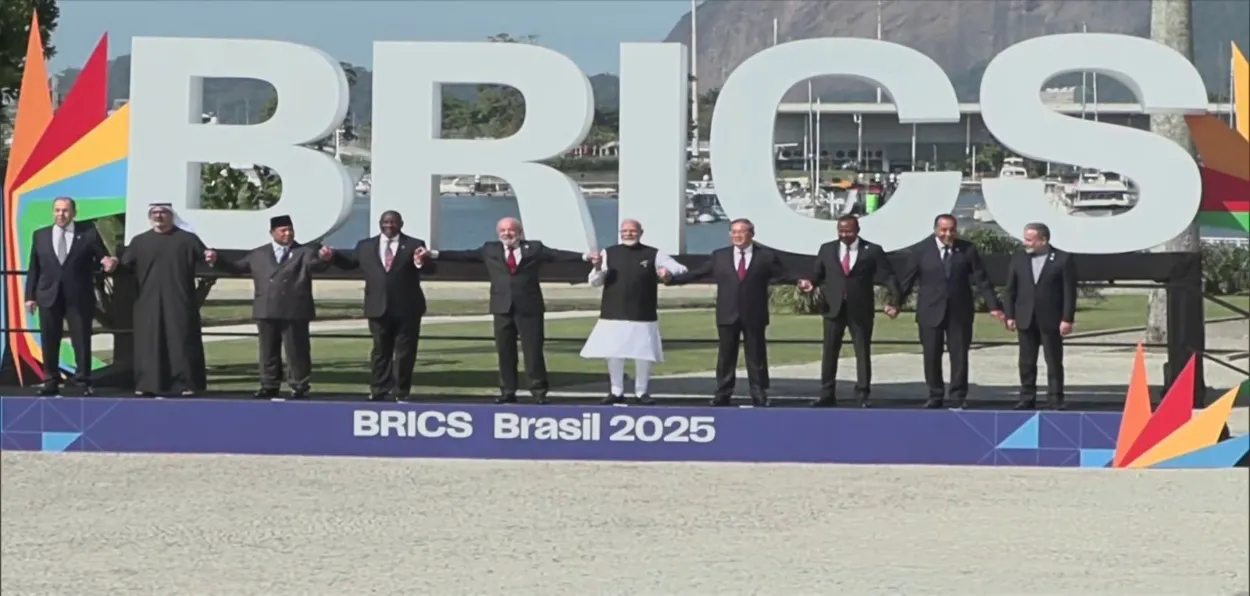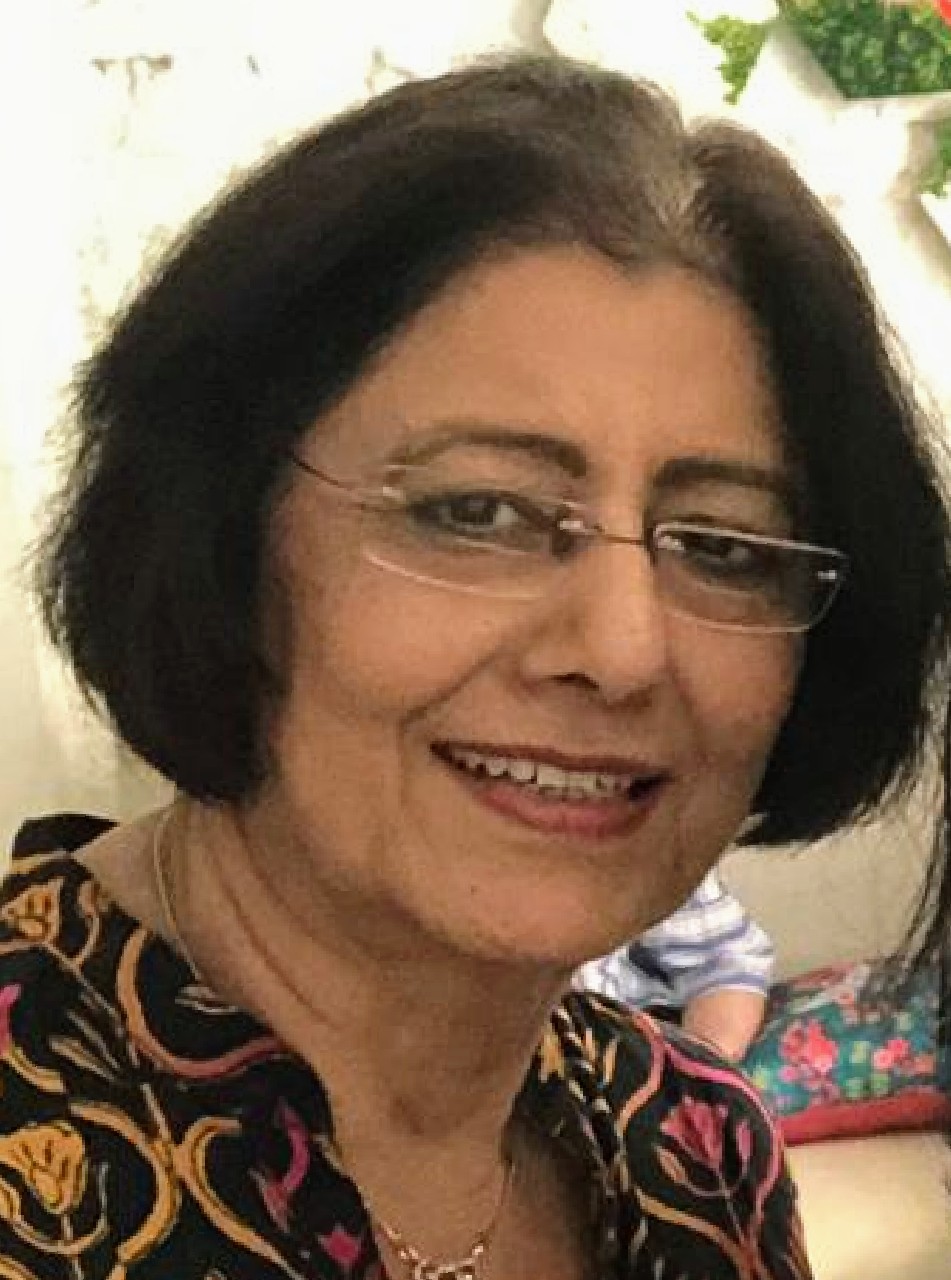
 Sushma Ramachandran
Sushma Ramachandran
The BRICS summit in Rio de Janeiro may have begun on an innocuous note, but U.S. President Donald Trump ensured that it ended up being quite high profile. Though the agenda of the summit was on relatively non-controversial issues like climate change, he warned that higher tariffs would be imposed on any members who displayed “anti-American” tendencies.
Despite such fears, the Rio Declaration kept its focus largely on issues related to the Global South. As for India, it had reason to be satisfied with the summit’s outcome. The declaration had a strong condemnation of the Pahalgam terror attack while backing the call for a comprehensive reform of the U.N. Security Council. It also urged reform of the multilateral development banks as well as the rule-based trading system of the World Trade Organisation (WTO).
In the larger geopolitical context, however, the summit will be judged on a different basis. It is on whether the ten-member bloc has a claim to become an alternative pole for global leadership. This issue has not yet been resolved with any clarity. The Rio meet lost much of its sheen in the absence of both Russian President Vladimir Putin and Chinese President Xi Jinping. The former’s travels have been curbed lately due to an international warrant out for his arrest.
As for the latter, there is considerable speculation over the reasons for his skipping a conclave that has been attended with religious regularity since 2012. Some China observers speak of a succession battle, while others simply point to preoccupations over bringing the Chinese economy back on track.
The vacuum was filled to some extent by Prime Minister Narendra Modi, who spoke out on the need to combat terrorism, as well as on the creaking architecture of the U.N. system. In an era of artificial intelligence (AI), he felt it was unthinkable that global institutions had not been upgraded even once in 80 years. He even likened it to 21st-century software being run on 20th-century typewriters. The final statement echoed his call for reform of not just the UN but the WTO and multilateral development banks.
His comments on the unfair treatment of the Global South were made to a bloc that has enlarged considerably since being created in 2009 by the original five countries - Brazil, Russia, India, China, and South Africa. They have now been joined by six others -- Egypt, Ethiopia, Iran, the UAE, and Indonesia during the last two years. In addition, the Rio Summit was attended by ten countries, defined as strategic partners. These include Belarus, Cuba, Malaysia, Nigeria, and Vietnam.
The diversity of the bloc, both in geographical and ideological terms, has meant that creating multi-polarity in the world through the forum is going to be a challenge. The host, Brazil, this time confined the agenda of the summit to relatively non-controversial issues like reform of global governance, climate change, strengthening multilateralism, and artificial intelligence.
However, the final declaration covered a wide swath of global flashpoints, including Iran, Ukraine, and the Middle East, as well as the terrorist attack in India. New Delhi felt happy at the condemnation of this attack, and yet the strikes on Iran were also castigated, though without mention of either the U.S. or Israel. Unlike the Shanghai Cooperation Organisation (SCO), India has not distanced itself from this criticism, clearly due to the recent dialing down of Indo-U.S. bonhomie.
Yet the bloc’s lack of homogeneity has not prevented the U.S. from viewing it as an emerging power center. Donald Trump’s public ire stems from a perception of a potential risk from this fast-enlarging entity. The previous Russia summit had been followed by a warning that 100 percent tariffs would be imposed on those seeking de-dollarisation. The threat this time is a ten percent tariff on any country aligning with BRICs' “anti-American” policies.
ALSO READ: After 30 years, Kashmir's forgotten terror victims to get justice
India’s reaction to the earlier threat had been conciliatory as External Affairs Minister Jaishankar denied any interest in de-dollarisation. Russia and China have now responded by noting the bloc had no aggressive designs on other countries, but India has not commented at all. This reflects the chill in bilateral relations owing to needless irritants created by Trump recently. These have been in the form of continuing to claim the glory for the India-Pakistan ceasefire, along with persistent barbs over this country’s tariff policies.
